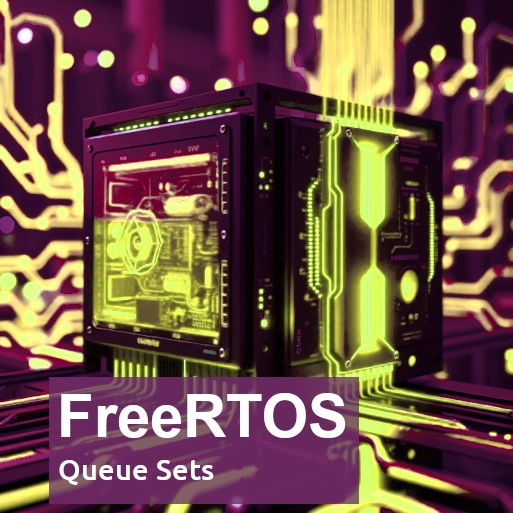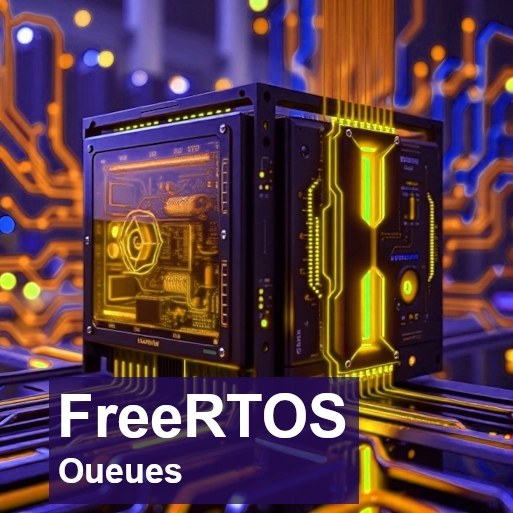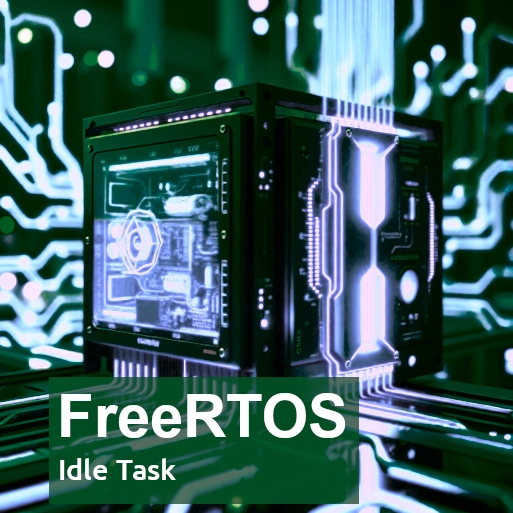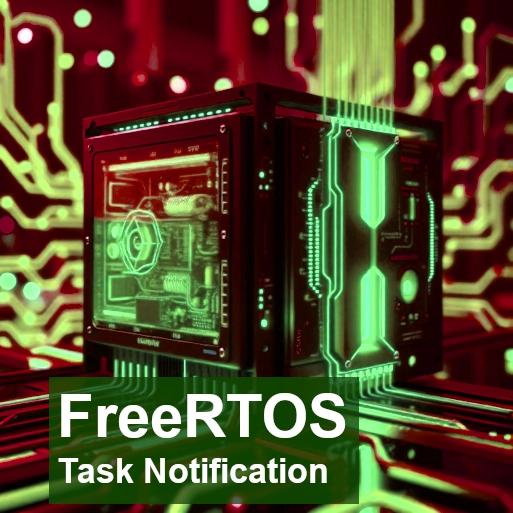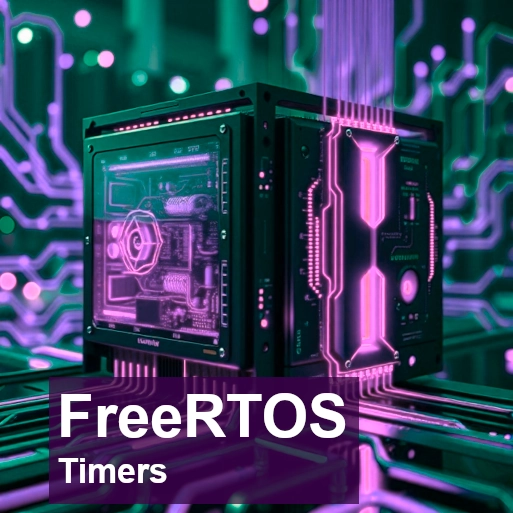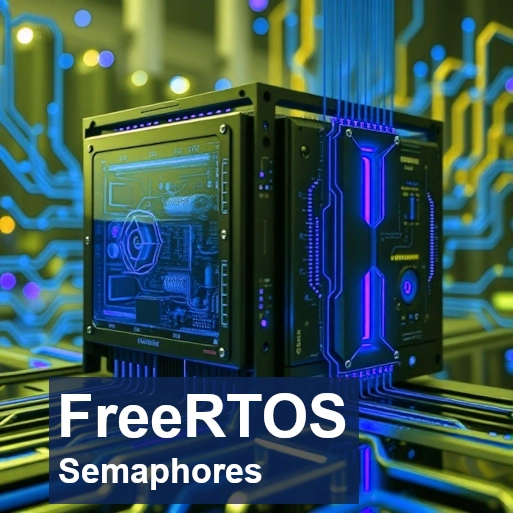Memory management is a crucial aspect of any real-time operating system (RTOS), and FreeRTOS is no exception. FreeRTOS provides a flexible and efficient memory management system tailored to embedded systems with limited resources. Whether you're dealing with small microcontrollers or larger, more powerful embedded systems, understanding how memory management works…
Understanding Queue Sets in FreeRTOS
A Queue Set in FreeRTOS is a high-level abstraction that groups multiple queues (and other synchronization objects like semaphores or event groups) into a single "set" to monitor their state. A task can then block and wait for any of the items in the set to become available for reading or writing, without having to poll each individual queue separately.
Understanding Queues in FreeRTOS: A Comprehensive Guide
A queue in FreeRTOS is a type of data structure used to store messages or data that need to be passed between tasks. It allows tasks to send and receive data asynchronously and safely, providing a mechanism for tasks to exchange information without direct interference. This is particularly useful in real-time applications where tasks must operate independently but still need to communicate efficiently.
Understanding Idle Task and Hook Function in FreeRTOS
In FreeRTOS, the Idle Task is a special task that is created automatically by the kernel. It runs when there are no other tasks that are ready to run, meaning the system is "idle." The Idle Task is part of the system's core operation and is responsible for ensuring that the CPU is never left in an undefined state when no other tasks are ready to execute.
Priority Inversion and Priority Inheritance in FreeRTOS
Priority inversion is a common problem in real-time systems that use preemptive scheduling, such as FreeRTOS. It occurs when a higher-priority task is indirectly preempted by a lower-priority task due to resource contention. This can lead to delays in the execution of critical tasks, affecting the real-time behavior of the system.
Event Groups in FreeRTOS: A Detailed Overview
FreeRTOS is a popular open-source real-time operating system (RTOS) for embedded systems. It offers a variety of synchronization primitives for managing concurrency, one of which is Event Groups. Event Groups provide a flexible mechanism for tasks to synchronize and communicate by sharing a set of flags, making them an essential…
Task Notification in FreeRTOS : A Comprehensive Guide
FreeRTOS, an open-source real-time operating system, is widely used for embedded systems development. It offers robust multitasking capabilities and is particularly useful for systems where real-time performance is critical. When working with FreeRTOS on platforms like the ESP32, task management becomes central to optimizing performance. Among the various inter-task communication…
Understanding Deadlocks: Causes, Prevention, and Solutions
A deadlock occurs when two or more tasks are each waiting for resources held by the other tasks, resulting in a situation where no task can continue. This can happen in a system that uses mutual exclusion (mutexes) or synchronization mechanisms like semaphores or event groups.
Timers in FreeRTOS: An overview
Timers in FreeRTOS are software-based timers that are used to execute a function after a specified period, either once or repeatedly. FreeRTOS provides two types of timers:
Semaphores in FreeRTOS: An Overview
A semaphore is a variable or abstract data type that is used to control access to a shared resource in a concurrent system, such as a multitasking RTOS. It provides a way for tasks to signal each other or protect critical resources. Semaphores prevent race conditions by ensuring that only one task can access a resource at any given time.


